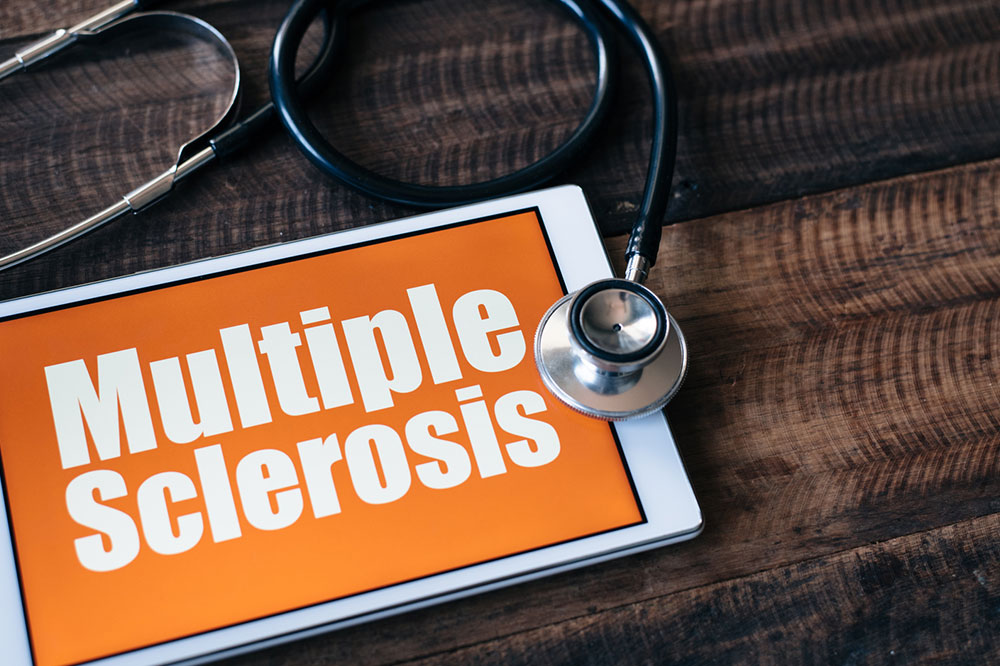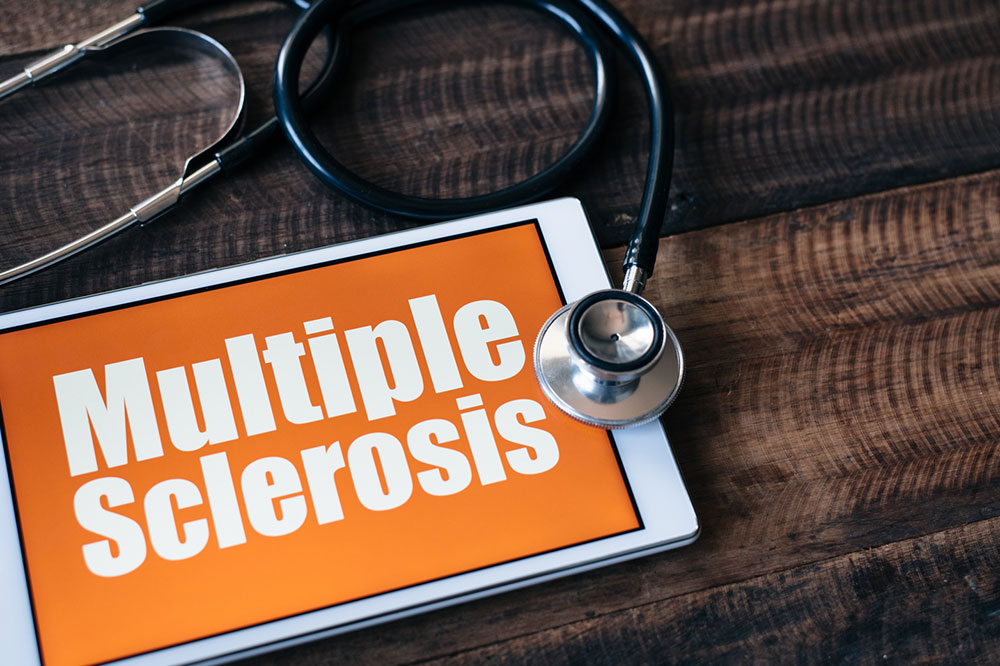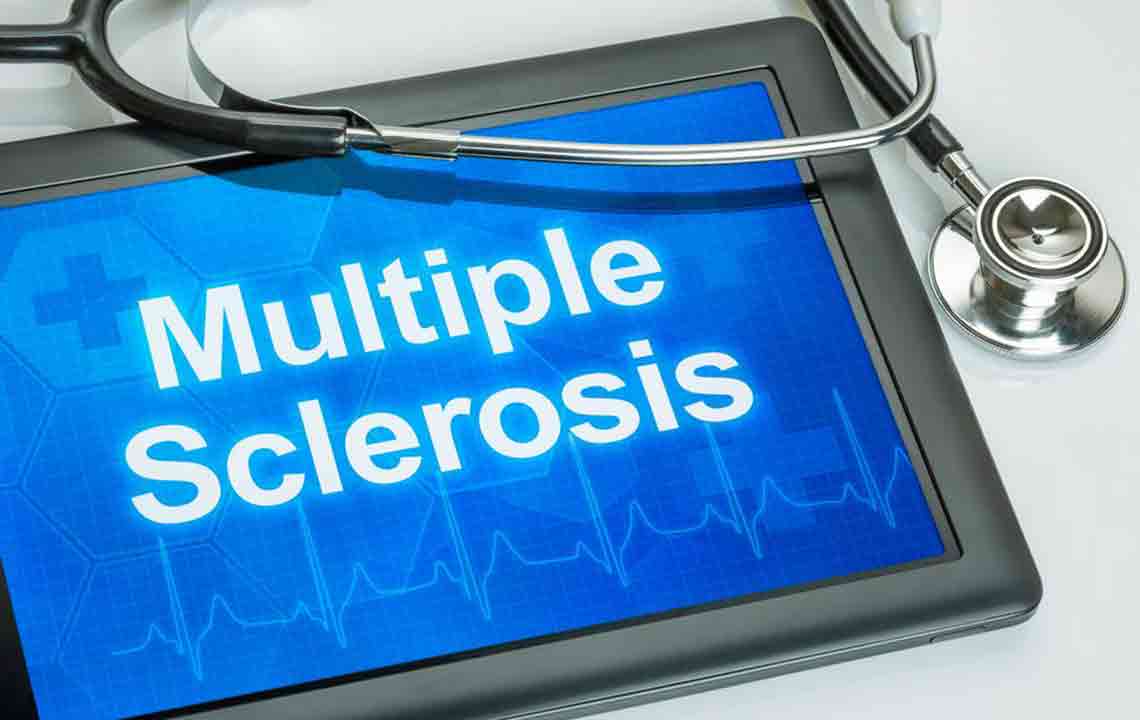Understanding Multiple Sclerosis: Essential Facts and Insights
This article provides a comprehensive overview of multiple sclerosis, including its types, symptoms, and treatment options. It emphasizes the importance of awareness due to the high prevalence of MS and highlights strategies for managing the condition effectively. Aimed at educating patients and caregivers, it underscores the ongoing need for research and improved therapies to better support those living with MS.
Sponsored

Multiple sclerosis (MS) is a chronic autoimmune disorder that can cause significant disability. While some individuals experience severe symptoms, most live with milder forms and long periods of remission. Since MS currently has no cure, staying informed is crucial. Read on to learn about its symptoms, types, and treatment options.
What is Multiple Sclerosis?
MS involves the immune system attacking the protective myelin sheath surrounding nerve fibers in the central nervous system, which includes the brain and spinal cord. This damage disrupts communication between the brain and body, leading to various neurological issues.
As MS advances, it can result in significant disability. The exact cause is unknown, but research suggests environmental and genetic factors may play roles in triggering the disease.
Types of Multiple Sclerosis
There are two main MS types:
Relapsing-remitting MS
This form is characterized by episodes of symptom exacerbation followed by periods of remission, which can last years. Over time, most individuals with relapsing-remitting MS may develop secondary progressive MS.
Primary progressive MS
In this type, symptoms progressively worsen without remissions or relapses, leading to continuous decline after onset.
Common Symptoms
Symptoms vary, but typical issues include:
Uncoordinated movements and tremors
Shock-like sensations in the neck from certain movements
Numbness in limbs or one side of the body
Other signs include fatigue, dizziness, speech difficulties, vision problems, bladder and bowel dysfunction, tingling sensations, and sexual health issues.
Management and Treatment
While MS has no cure, symptoms can be controlled with medications. Treatment aims to address specific symptoms and reduce relapse frequency, especially in relapsing-remitting MS, through disease-modifying therapies. Progression in primary progressive MS lacks effective slowing options.
Living with Multiple Sclerosis
As of 2019, nearly 1 million Americans are diagnosed with MS, a figure that has nearly doubled since 1975. Greater awareness and improved treatments are vital to support those affected. Knowing how to manage the disease is essential for patients and their caregivers.






